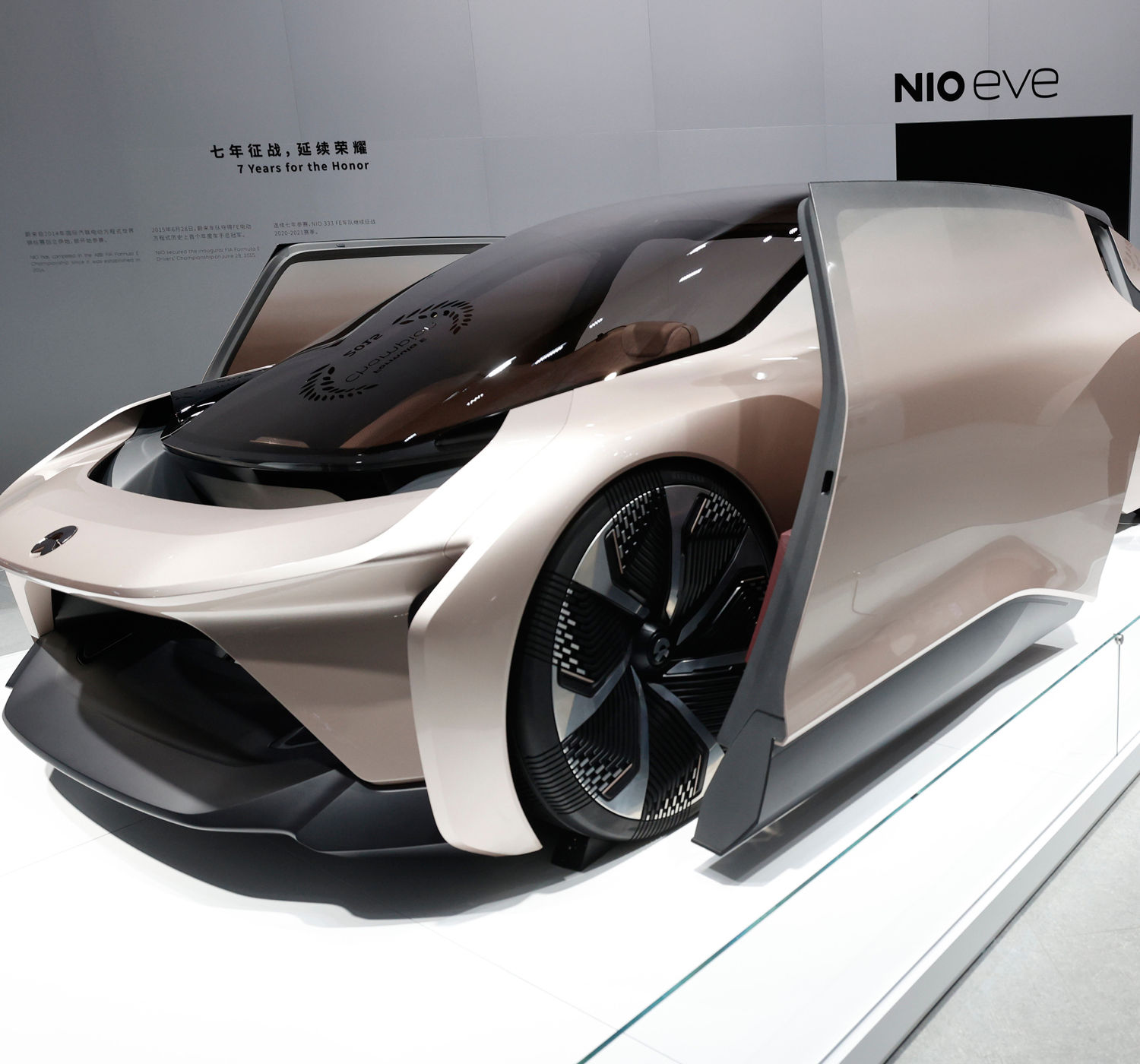Sceptical investors show concern over shortage of semiconductors, high valuations and increased competition
While China – and several other countries – power ahead with electric vehicle (EV) expansion, Wall Street is betting against the makers of new energy cars.
Short selling interest in EV companies has risen this year, according to S&P Global Market Intelligence.
Profitability for EV manufacturers will be increasingly difficult due to supply constraints and competition, according to S&P analysts.
A global shortage of components including semiconductors, high valuations and increased competition weighs on the EV sector.
China’s EV makers have not escaped the attention of short sellers, even though the market for electric EVs in China is recovering strongly after a dip in sales in 2019 and the impact of the pandemic in early 2020.
VOLATILE SHARES
Nio, a seven-year-old EV company listed on the New York Stock Exchange in 2018, was on the brink of bankruptcy last year. But then Nio shares rose 1,000% from $5 to $53 last year. They traded at $38 on Thursday.
Nio has about 21% short interest. In comparison, Tesla’s short interest is about 6%.
“Anyone buying Nio stock now is not buying a company or its prospects, rather you are buying three letters that move on a screen,” short seller Andrew Left of Citron Research told investors.
At the end of April, the second most-shorted stock on all major US exchanges was Workhorse Group, an Ohio-based manufacturer of electric-powered delivery and utility vehicles with just over 33% of its outstanding stock held by short-sellers, according to S&P.
Blink Charging, a supplier of equipment and charging stations for electric vehicles, was the third-most-shorted stock at the end of April, with 32.5% in short interest.
BORROWING STOCK
Short-sellers borrow stock and sell it in anticipation that they can replace it at a later date at a lower cost if the share price falls.
If their plays are successful, short-sellers profit from the difference between the price at which they sell the stock and the price at which they repurchase.
Since the start of the year through to May 25, stocks of the most-shorted electric car companies — Workhorse, Lordstown Motors and Electrameccanica Vehicles — have fallen 58.9%, 55.4%, and 45.6%, respectively.
EV companies also face competition from traditional carmakers like Ford Motor Co. and General Motors Co.
During the same period, shares in GM and Ford, which had short interest of just over 1% as of the end of April, have climbed 36.3% and 45.7%, respectively.
TRANSFORM THE SECTOR
At present, most car manufacturers are not selling EVs at a profit, but China’s policies are expected to transform the domestic automotive sector and boost sales of EVs.
Some EV makers went public via special purpose acquisition companies (SPACs), including Lordstown and Fisker.
Short-sellers found EV startups an easy target “once the SPAC bubble popped,” said Edward Moya, a senior market analyst with OANDA. “The EV space got crowded quickly.”
While there is little doubt that EVs are going to become increasingly dominant as a share of overall vehicle sales over the next decade, the number of EV manufacturers has increased, Abigail Sun, equity analyst at Schroders, said.
“Traditional manufacturers are having their sights firmly on gaining market share in the EV segment,” she said. “This makes for a crowded, more competitive marketplace which will likely erode manufacturer profitability.”
























